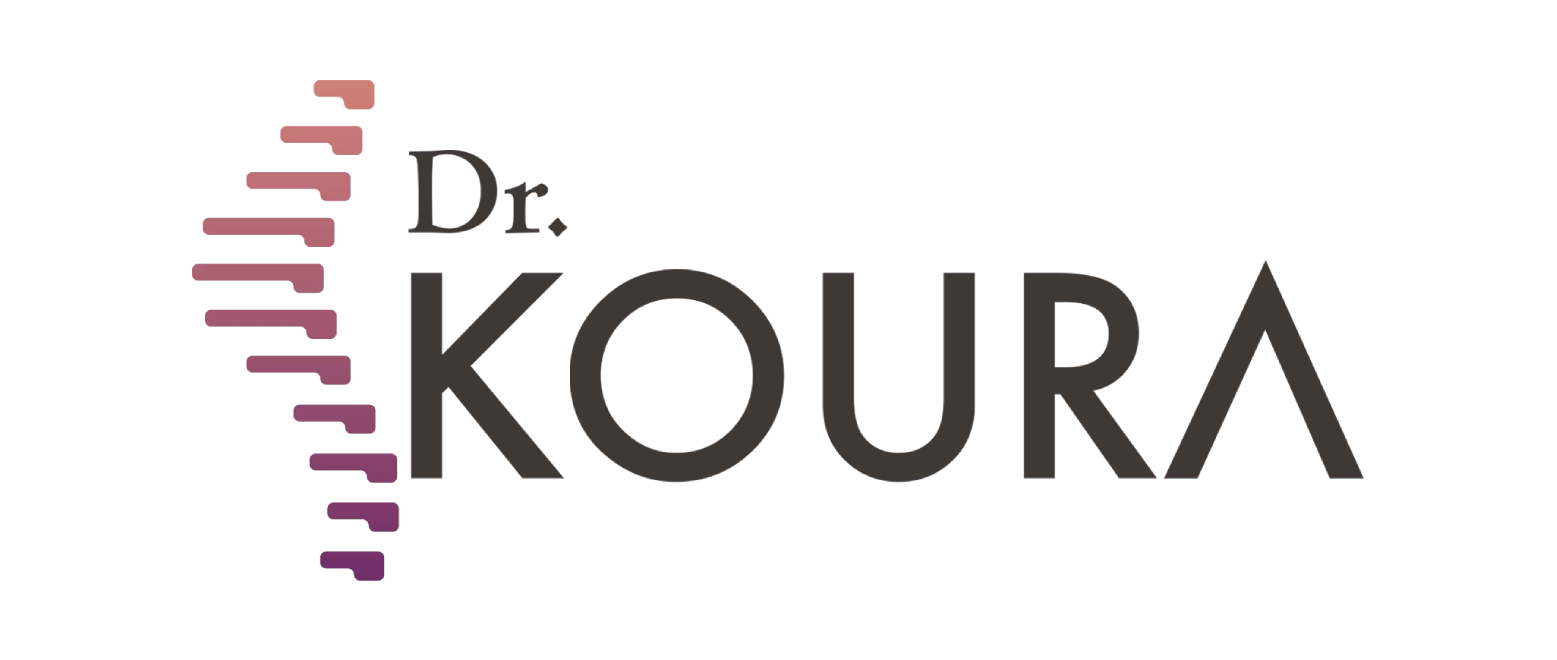Minimally invasive endoscopic herniated disc treatment (DISK-FX). Endoscopic discectomy
In our present era, back and spinal pain has become widespread, especially among individuals engaged in office work who spend long hours sitting in front of computers. This is often attributed to unhealthy sitting postures, which exacerbate the intensity of symptoms. Treatment approaches for these pains vary depending on the degree and severity of the issue, whether through physical therapy, pharmacological treatment, non-surgical interventions, or even surgical procedures.
Currently, the non-surgical solution is considered the most effective, given the continuous advancement in the expertise of doctors and their techniques, particularly with the pioneering interventional pain treatment by Dr. Mohamed Koura. He is renowned as a leading figure in this field, staying abreast of the latest therapeutic techniques through active participation in various international conferences alongside eminent physicians and experts worldwide. Among the latest non-surgical techniques for treating disc-related issues, the use of minimally invasive endoscope stands out. This procedure is performed without surgery and is virtually painless, contributing to an expedited recovery process.
In the following paragraphs, we will shed light on the minimally invasive endoscope, who may benefit from it, its steps, advantages, and potential complications.
What is Minimally Invasive Endoscope (Disc-FX)?
The Disc-FX minimally invasive endoscope system is an innovative and straightforward system designed to effectively treat herniated discs, reducing back pain by efficiently reaching the damaged disc without causing harm to surrounding structures. Dr. Mohamed Koura’s center was the first to introduce the Disc-FX technology for treating spinal column pain. The Disc-FX system is known for its safety and speed, and it is effective in removing discs in cases of cottony disc herniation.
Who needs Minimally Invasive Endoscope (Disc-FX)?
Minimally invasive endoscopy may be suitable for patients experiencing disc herniation accompanied by lower back pain that may extend down the spine. Among the spinal conditions that may be appropriate for the Disc-FX procedure are:
● Disc herniation due to mechanical pressure on the nerve.
● Conditions involving sciatica.
● Internal discogenic pain caused by disc herniation.
What are the steps of Minimally Invasive Endoscope (Disc-FX)?
This procedure is conducted within the operating room to ensure complete sterilization. The steps include:
● First, the patient is locally anesthetized, not generally, distinguishing Disc-FX from traditional surgical endoscope. This is considered one of the key features of the Disc-FX technique.
● Next, a small needle is inserted into the disc, guided by fluoroscopy for precision to reach the specific herniated portion of the disc.
● The herniated part of the disc causing the problem is then removed using a precise tool under fluoroscopic guidance.
● Posterior to this, the disc is sealed to prevent a recurrence of herniation.
What is the recovery time after Minimally Invasive Endoscope (DISC-FX) for Disc Herniation?
Patients can typically leave within 30 minutes of the procedure and return to their normal activities within 48 hours with no pain.
What are the advantages of Minimally Invasive Endoscope (DISC-FX) for Disc Herniation?
This technique boasts several advantages, including:
● Simple procedure.
● Requires only local anesthesia.
● Provides a permanent and conclusive solution, not temporary relief.
● Involves a small skin incision.
● No post-intervention pain.
● Same-day hospital discharge.
● Return to normal life within just 3 days.
● No bleeding or blood transfusion during the intervention.
● Achieves the same purpose as surgery without any incisions or wounds.
● Suitable for all ages, including the elderly and patients with obesity.
● Extremely rare occurrence of inflammation, almost negligible due to the absence of incisions.
● Short recovery period, allowing the patient to return to work in just 3 days.
What are the complications of Minimally Invasive Endoscope (Disc-FX)?
Do not worry, as there are no damages or complications associated with the minimally invasive endoscope technique; all the tools used are entirely safe for the nerves. Additionally, there is no possibility of bleeding or infections after this procedure, given the precision and small size of the incision used on the skin. One of the most important advantages is that there is no risk of infection.
In conclusion, after learning about the Minimally Invasive Endoscope (DISC-FX) treatment for disc herniation, dear reader, it is imperative to adhere to all the doctor's instructions to maintain your health. Avoid daily strenuous practices that may exacerbate the pain and refrain from incorrect habits that could adversely affect your condition. This includes losing weight if it is excessive, avoiding lifting heavy objects, and reducing work-related strain.
Furthermore, it is crucial to steer clear of improper body postures that may impact the joints or the spinal column. Additionally, prioritize engaging in suitable exercise, even if within limited range, ensuring proper posture during daily activities.
Be cautious and attentive to improving your lifestyle, as maintaining a healthy and balanced lifestyle plays a significant role in supporting the treatment process and enhancing your daily quality of life.
If you would like to learn more about minimally invasive treatment for herniated discs, contact us on WhatsApp.
why Dr. Mohamed Koura center , Dr Koura is raked as one of top five pain management leaders in the Middle East , we are a full equipped center with all the new updates in treatment of all spine and joints pain without surgery , with best quality and best experience .





 Egypt
Egypt